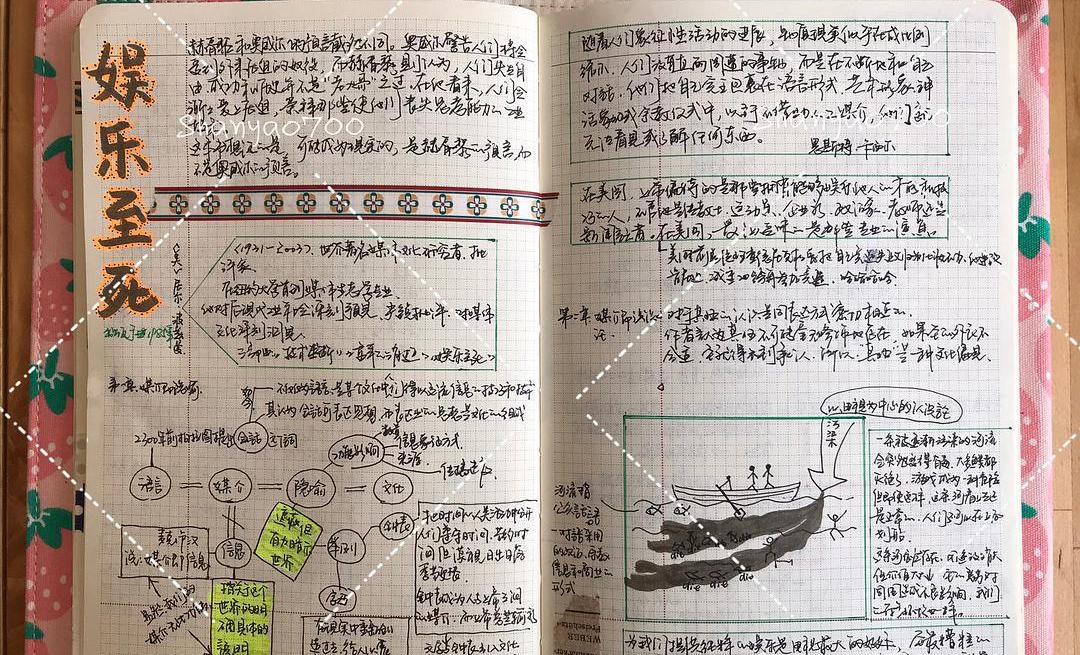
The writer is Neil Bozeman of the United States, who is a world-renowned researcher and critic of media culture. He has a profound vision of postmodern industrial society and a profound insight into media culture.
Anyone who chose journalism and communication in college should know Mike Luhan, who proposed that media is information. But Neil. Bozeman didn't think so, or rather, that the claim was outdated. The medium is not information, but a hint, a metaphor. So how did information evolve step by step to the point of implication, metaphor, or even falsehood? He gave the example of Lincoln's debate, which was very popular in that era, when Lincoln was still a nobody, and he debated with another person, and this debate could last for 7 hours, and everyone could listen to half of it and go home to dinner, and then come back to listen with relish. They speak logical written language, and now you can't imagine that you can digest this huge amount of language with your ears and still be interested.
So how did this shift come about? When the American printing era was dominant in the 18th and 19th centuries, public discourse in this period was a combination of fact and orderly and clear opinion, because when you want to put something on paper you have to have logic, you have to take written language, you have to be serious.
And when the telegraph appeared, this balance was broken, and people were not interested in the message itself but in the distance. For example, if you're far away in China, you get a telegram with the words: The Queen of England is dead. What shocked you was not the incident itself, but that I knew so quickly what was happening in my heavens so far away in the kingdom. At this time, the value of information no longer depends on its role in social and political responses, but on its remoteness and speed of acquisition.
In the age of television, everything was presented in the form of entertainment. Pay attention to the most serious news in the following TV shows, before there must be a piece of music, and then pay attention to the announcer, first of all, he must be good-looking, and whether he is broadcasting murder and arson or natural disasters, he maintains a calm expression. The writer proposes that television news is a form of entertainment rather than an educational reflection or purification of the soul.
There's a lot of interesting stuff in the book, especially if anyone who has read the Utopian Trilogy can look at it, and the writer has also made a lot of comparisons in the book.
This book reminds me of a movie called Requiem for Dreams.